A refrain is repeating (is that redundant?) in my brain – and I sometimes sing it – “So pick yourself up, take a deep breath, dust yourself off and start all over again.” Diana Krall’s version is the one I listen to, written by Jerome Kern and Dorothy Fields.
I’m at a new beginning now that I’m ready to embark on the journey of my writing life again. In fact I’ve already embarked! The refrain “start all over again,” suits me right now as I walk on two feet and take up my usual interests – like a book launch recently.
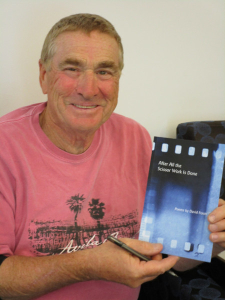 It was my first venture out to a social/literary event in many months – the first this year. David Fraser was launching his new book of poems, When All the Scissor Work is Done, published by Leaf Press. (That’s where you can order a copy.) David took a courageous risk with these new poems. I’ve just been writing about them for a review for the Vancouver Sun which will appear in a Saturday edition sometime in the weeks to come.
It was my first venture out to a social/literary event in many months – the first this year. David Fraser was launching his new book of poems, When All the Scissor Work is Done, published by Leaf Press. (That’s where you can order a copy.) David took a courageous risk with these new poems. I’ve just been writing about them for a review for the Vancouver Sun which will appear in a Saturday edition sometime in the weeks to come.
David’s poems are stepping out with a new beginning too. For a long while, probably, David lived with his poems. Then he would have shared them with Ursula Vaira, his editor, and now they’re being shared with readers. The poems will become new because we readers will add our own experiences and memories to our reading of them.
Ursula Vaira of Leaf Press was at the launch at the north branch of the library in Nanaimo to introduce various friends of David’s who had written poems especially for him. Most of the writers of the poems couldn’t actually be there so they were read by “stand-ins.” I was very pleased that I got to be Harvey Jenkins reading his haiku for David. (Harvey lives in Winnipeg and was one of the Easy Writers when he lived in Nanaimo. David is still a member and I was an Easy Writer for several years.)
Here are Harvey’s haiku for David:
life’s Great Mysteries
David plumbs the human depths
collies want a walk
a clear-eyed view
David writes of time passing
holding joy closer
our human frailties
this poet can confront life
embrace our nature
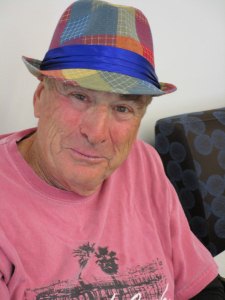 Harvey’s lines “this poet can confront life / embrace our nature” are so true of David. Pat Smekal who introduced David is a member of Easy Writers too. She and David wrote a book of response poems called Maybe We Could Dance. Pat expressed her admiration for David and his well-crafted poems.
Harvey’s lines “this poet can confront life / embrace our nature” are so true of David. Pat Smekal who introduced David is a member of Easy Writers too. She and David wrote a book of response poems called Maybe We Could Dance. Pat expressed her admiration for David and his well-crafted poems.
“These poems are truths. They are also fictions.” David said. I can’t help but think of Virginia Woolf who said where truth was important, she wrote fiction. David said his book is a metaphor of how he tells stories. Like a film with “jump cuts,” pieces missing, it is up to readers to fill in the gaps. There’s darkness in the poems and mystery, tenderness and sensuality. What’s left after all the scissor work is done? Silences are kept / moments / mute with shards, / broken bits and bones.
Just a few weeks ago I didn’t feel sure enough of my stability to go out to an event. On the day of David’s launch though (May 14), I felt sure enough to walk into a public space. I had the energy to interact with fellow poets I hadn’t seen in many months, such a pleasure, and I had an inner steadiness that came from looking after myself since surgery in January.
As my leg has been healing, a new beginning was “quietly forming” as John O’Donohue wrote in his poem “For a New Beginning.”
The last three stanzas of the poem resonate for me:
Then the delight, when your courage kindled,
And out you stepped onto new ground,
Your eyes young again with energy and dream,
A path of plenitude opening before you.
Though your destination is not clear
You can trust the promise of this opening;
Unfurl yourself into the grace of beginning
That is one with your life’s desire.
Awaken your spirit to adventure
Hold nothing back, learn to find ease in risk;
Soon you will be home in a new rhythm,
For your soul senses the world that awaits you.
“Find ease in risk”: may it be so.
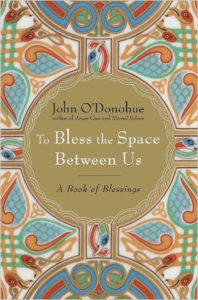 In his book, To Bless the Space Between Us in which the poem appears, John O’Donohue wrote: “Perhaps the art of harvesting the secret riches of our lives is best achieved when we place profound trust in the act of beginning. Risk might be our great ally.”
In his book, To Bless the Space Between Us in which the poem appears, John O’Donohue wrote: “Perhaps the art of harvesting the secret riches of our lives is best achieved when we place profound trust in the act of beginning. Risk might be our great ally.”
An old Irish proverb says: Tus maith leath na hoibre, “a good beginning is half the work.”
Interesting that John said: “So much can actually happen between the moment the brush is taken into the hand and the moment it touches the canvas” as it reminds me of a poem I wrote decades ago called “Art Is”:
A hand arrested
holding a wooden brush
with horsehair bristles
against a white canvas
on a wooden easel
on a paint-splattered floor
of a large-windowed room
on a street
of the earth
simply that
not a painting on a wall
lit from above
not a review in the Arts Section
not a gala opening
but an inspired hand
fingers pressed to wood
the moment the brush touches
the canvas
Beginnings invite new gifts and as John O’Donohue wrote, they “are new horizons that want to be seen; they are not regressions or repetitions. Somehow they win clearance and become fiercely free of the grip of the past. What is the new horizon in you that wants to be seen?”
My renewed energy that continues to aid with healing will also be welcome in my ongoing wellness practice of writing, a reworking of previously written poems with a fresh ear and eye, a new plan for summer writing circles, and a stepping into my work with “courage kindled.”
I like to think I’ve become “a bell awakened” as Denise Levertov wrote in her poem “Variation on a Theme by Rilke” (The Book of Hours, Book 1, Poem 1, Stanza 1).
Here’s the whole poem:
A certain day became a presence to me;
there it was, confronting me — a sky, air, light:
a being. And before it started to descend
from the height of noon, it leaned over
and struck my shoulder as if with
the flat of a sword, granting me
honor and a task. The day’s blow
rang out, metallic — or it was I, a bell awakened,
and what I heard was my whole self
saying and singing what it knew: I can.

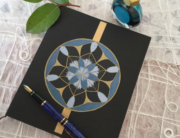
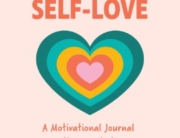
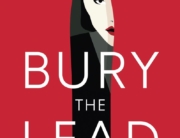
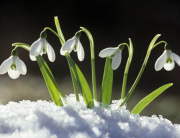
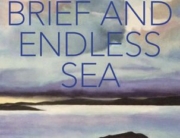
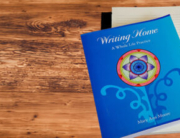
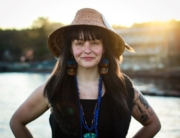
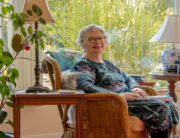
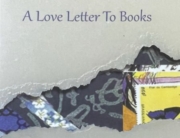
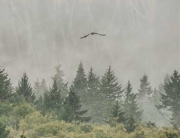
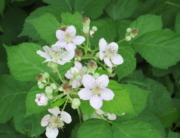
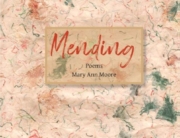
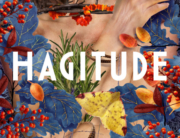
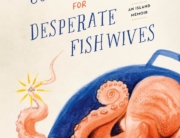
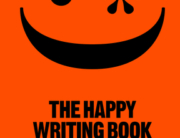
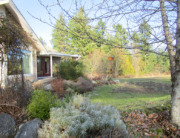
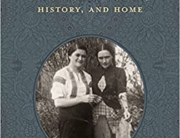
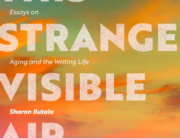
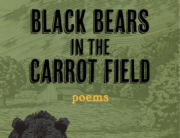
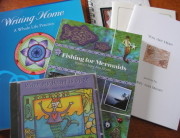
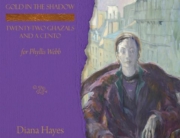
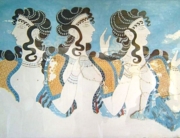
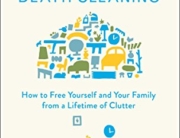
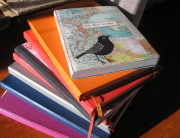
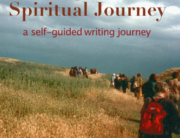
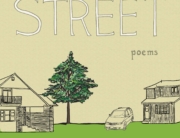
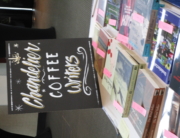
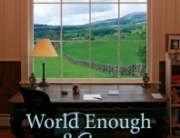
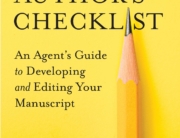
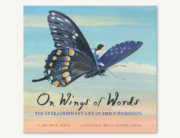
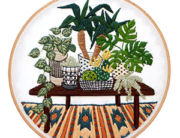
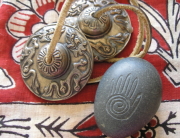
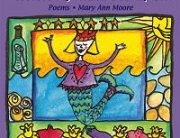
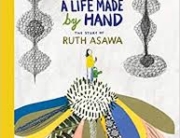
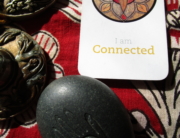
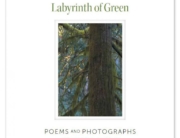
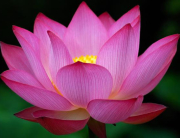
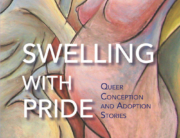
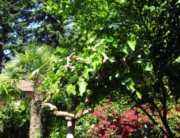
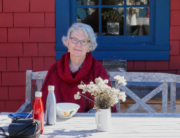
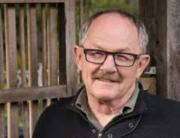
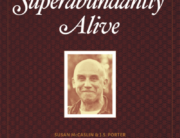
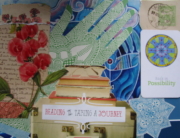
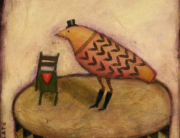
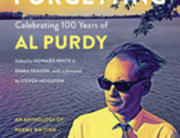
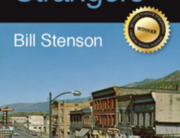
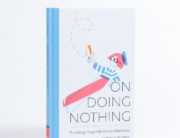
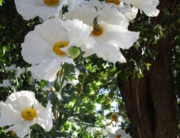
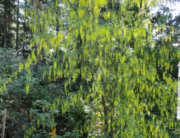
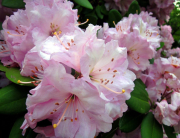
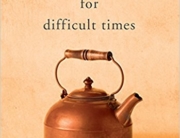
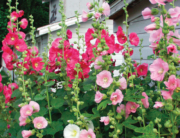
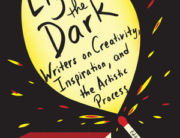
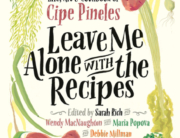
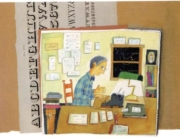
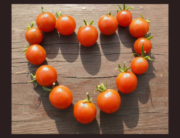
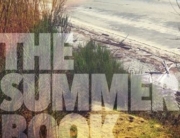
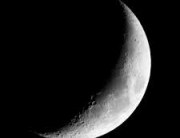
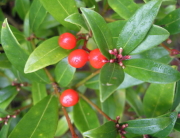
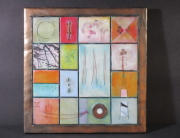
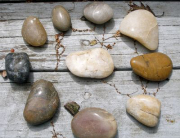
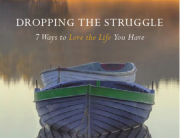
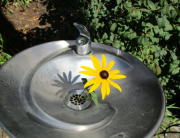
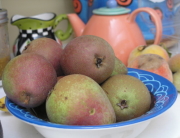
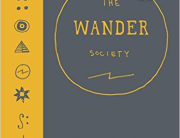
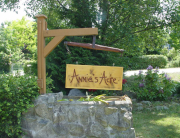
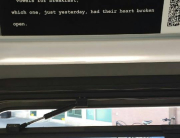
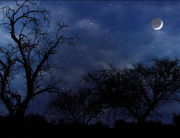
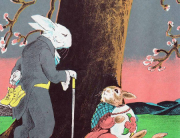
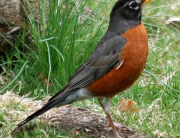
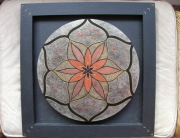
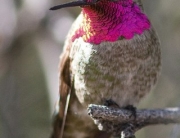
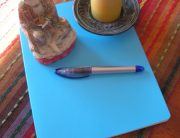
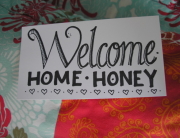
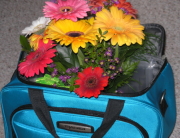
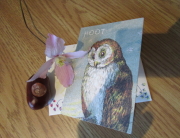
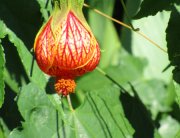
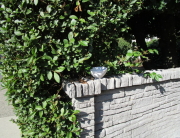
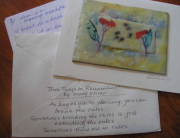
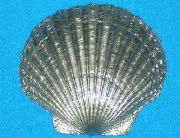
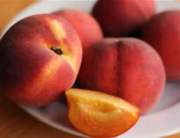
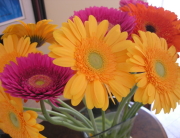
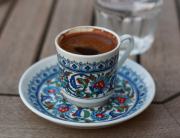
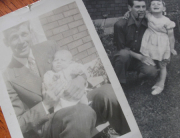
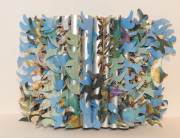

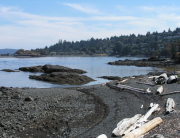
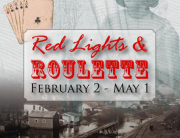
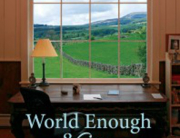
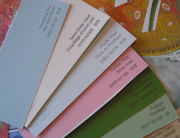
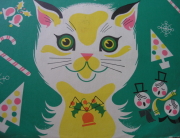
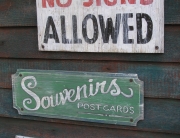
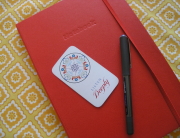
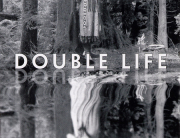
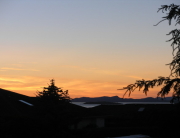
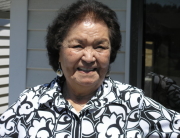
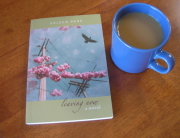
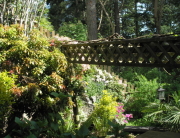
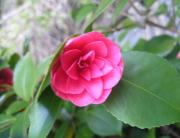
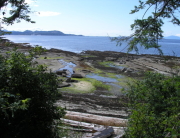
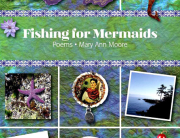
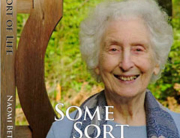
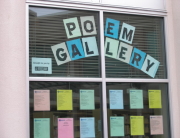
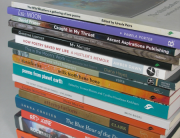
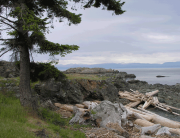
Glad you are walking and writing in your writer’s life with renewed energy and on two feet! May the journey continue for many many years to come. Enjoyed your poem Art Is. Thanks for once again introducing me to new authors and poets. Beth